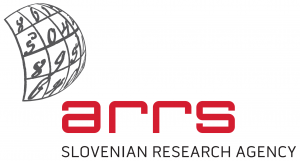The project “Music and Politics in post-Yugoslav space: Toward new paradigm of politics of music at the turn of century” aims to develop a more nuanced approach to the study of power of music and sound in political mobilization, participation and building political communities. In doing so, the project team focuses on the relation between music, sound, emotion, and affect, as a particularly potent conceptual framework for understanding the capacities to act politically in the contemporary times. Theoretically, the project is rooted in the so‐called “affective turn” that emerged in the last twenty years as the important growing field of inquiry in many disciplinary fields including cultural theory, philosophy, political theory, anthropology, and psychology. Empirically, our approach is firmly situated within the ethnographic tradition of the disciplines of ethnomusicology and anthropology, and emphasizes the necessity of interweaving theoretical discourse with ethnographic inquiry. Through this peculiar combination of theoretical and empirical research, project contributes to substantial reconfiguring of ideas about political agency in 21 century.
Our case studies are not limited to one nation‐state (Slovenia) but take a decidedly regional approach by focusing on the area of former Yugoslavia. The data includes examples from various collective music performing and listening, which are currently gaining renewed importance worldwide as a specific transnational phenomenon. This material is crucial for the three central themes, all related to developing of new notions of political agency: 1) Politics of music beyond identity; 2) Self-organization and radical amateurism; 3) Politics of idealism and utopia.
The authors acknowledge the project Music and Politics in post-Yugoslav space: Toward new paradigm of politics of music at the turn of century, ID J6-9365, is financially supported by the Slovenian Research Agency.


